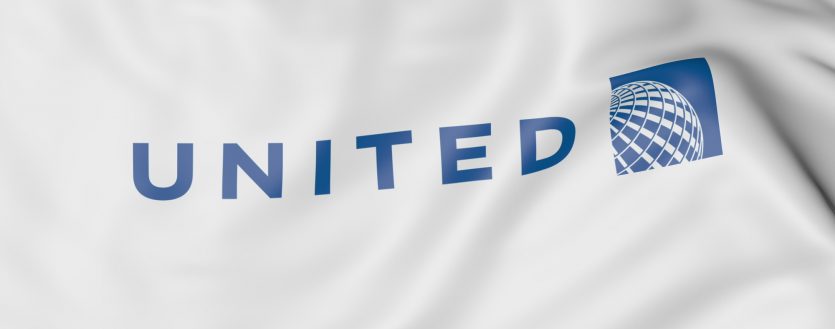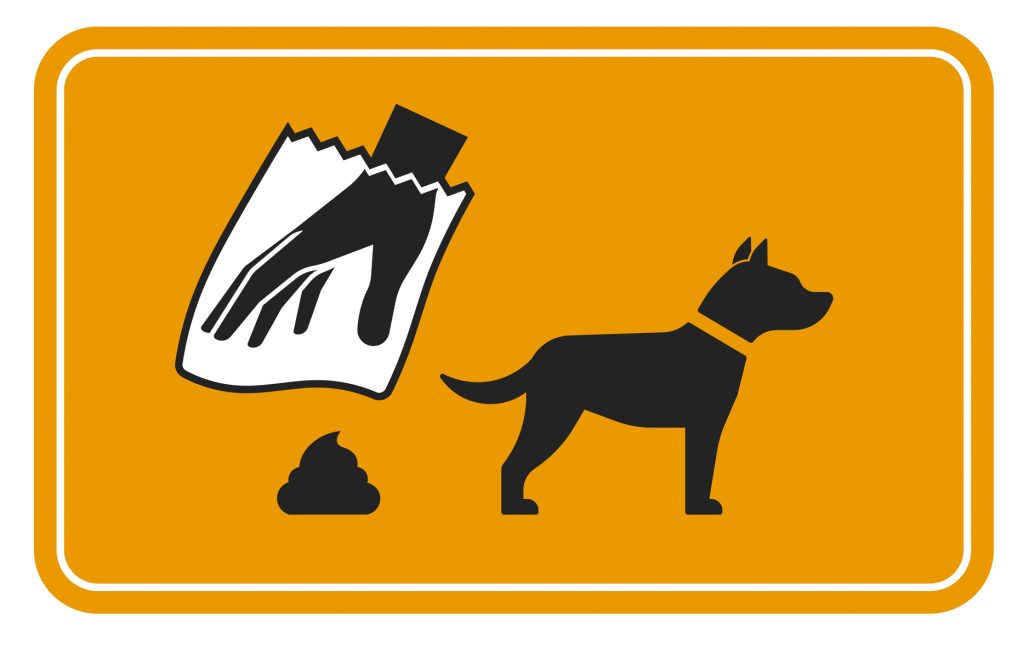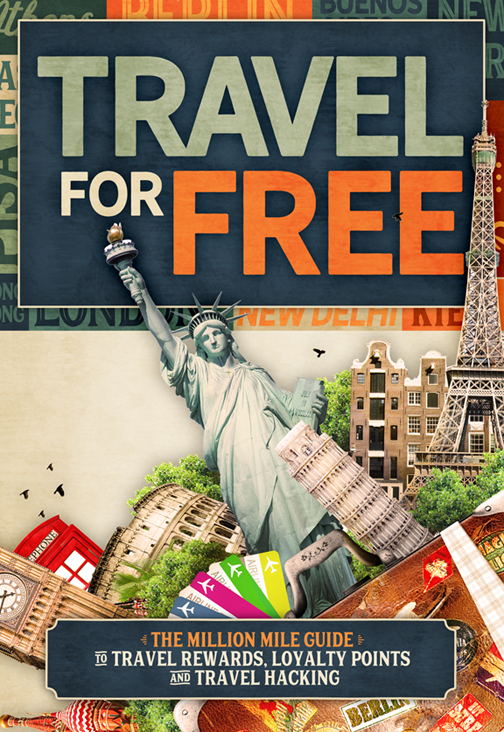
Recently United Airlines decided to eliminate award charts in November. Delta’s decision to stop publishing its award chart in early 2015 was a game changer. United’s recent news that it will follow suit isn’t as game changing as that news was at that time, but it’s even more troubling for me because it negatively impacts so many areas of the travel rewards world.

The Path Downward
It’s clear that Delta is the model that United and American Airlines are trying to follow. A central question for consumers is how has Delta’s decision to scrap its published award chart panned out for people trying to redeem Delta’s miles for award flights? There are a few positive aspects such as Economy award availability on Delta’s own international flights is good, and there are no blackout dates for Delta-operated flights using miles. However, overall I’d say the lack of an award chart has been quite negative, as prices for many award tickets (especially those in premium cabins) is generally higher than competitor pricing for the same routes.
United says this is about increasing value to members, not taking anything away. At some level all we can do is judge empirically what actually happens in practice. But from my perspective there’s absolutely zero reason to believe that members will get more value from the program over time. Instead miles will become easier to use for low value awards, and opaque pricing will make it easier to increase the cost of high value awards.
– Gary Leff, View From the Wing
A recent episode on Seth Miller’s podcast Dots Lines & Destinations (DLD 239: We Don’t Need No Stinking Charts) talks about some of the details of United’s announcement too and echoes many of the concerns I’ll talk about. Here’s a few of my own thoughts on what United’s move to delete a fixed award chart for customers will mean going forward:
More award chart dominoes to follow sooner than later – I’m not in the business of making predictions, but saying that American will play follow the leader and soon get rid of its award chart like Delta and United seems like a very safe bet. There have also been reports that American is on the doorstep of eliminating its award chart too, so I’m not going out on a limb with this prediction. I’d guess that there’s significant IT developments for American that need to take place for such a transition to take hold. I’d also guess that Alaska will be the last of the major 4 U.S. airlines to get rid of its award chart, which still offers some nice value with partner airlines. However, award space on partners like Cathay isn’t great, and if large swaths of people move toward Alaska in the near term to capitalize on advantageous mileage charts, that space will be even harder to come by.
An abrupt and more permanent shift, into transferrable currencies – transferrable point currencies (American Express Membership Rewards, Chase Ultimate Rewards, Citibank Thank You points, and to a lesser extent, Capital One Miles) have been popular, but as regular airline miles depreciate even more from an absence of being linked to award charts, people will make a steady, and much more pronounced, shift into flexible currencies.
Ways to earn reward points and miles en masse will become more significant – signing up for new credit cards to earn large sign-up bonus miles is still a great way to earn large sums of rewards, but for those who have been in the game awhile, that option is drying up. Finding ways (buying groups, reselling, manufacture spend, etc) to earn miles and points en masse will become more significant (and likely difficult) in the future. Basically airlines are telling you that you’re going to be charged more to fly “free” or nearly free. The only question now is if and how that level of points be achieved.
More importance on other/smaller/obscure airline programs – Iberia, Etihad, Cathay, Virgin Atlantic, and other airlines still offering outsized value and/or award charts will become sought after American decides to eliminate its award charts. Eventually those programs will become too hot/overrun and also devalue to the point at which they are no longer attractive options.
Higher award prices for all classes of service – some routes and flash sales will make using miles more advantageous on occasion vs. what it costs now, but in general expect award prices on United flights for all classes of service to be higher in the future. Not only are award seats for specific dates of travel out of your control, but so is the pricing. If Delta’s recent award pricing is any indication, premium (business and first) class awards are likely to dramatically increase in price. An award that used to cost 160k miles roundtrip in business (that may have seemed expensive) could easily cost that much or more one way going forward. Airline miles saved up with the big 3 U.S. carriers will evolve into being used for economy tickets in the vast majority of cases.
Business and first class redemptions will likely cost a lot more – United miles have been easy to come by via the many ways to earn those miles, and from transfers via Chase Ultimate Rewards. With award pricing extremely cheap relative to the actual cost of business and first class flights, people have quite easily cashed in miles for up front cabins. Over the last 10 years or so, the internet has been filled with a selfie schmorgesborg in elite cabins. Critiques of business class bedding and menu selections with the champagne being chilled in the background. Well replace that champagne with Sprite, scrap the bedding, and feel lucky just to be fed something back in cattle class. There’s a new new coming your way, and it’s not going to be pretty.
More economy award tickets – people will be trading in luxury for practicality and price. All those easy Ultimate Rewards being transferred to United miles? Well you’re going to need them if you want to fly up front with United in the future.
Points used at fixed rates to pay cash – rather than using frequent flyer miles, more people will opt to use bank points to pay for flights and travel (via Chase, Amex, and Citi travel portals) at rates ranging from 1.25 to 1.5 cents per point (cpp).
Shorter awards – more people will likely opt for shorter awards rather than flying longer distances in coach, especially overseas. Sitting in ever shrinking seats for 8 hours or more is going to become less and less appealing, in case it’s not already.
Ultimate Rewards (UR) become less significant – UR transfers to United have been a solid option for many people over the years, but as United miles become worth (much) less in the near future, the value and power of Chase’s points currency (Ultimate Rewards) becomes diminished. In the short term, some people may gravitate to Citibank’s program.
Cash becomes more important – points redeemed for cash will be a more attractive option for many. Schwab’s investment option with Amex Membership Rewards will be an example of other similar options opening up.
More close in award bookings – along with saying it was eliminating an award chart, United also said it was eliminating close-in booking fees. Before announcing the changes, United charged customers $25 – $75 for close-in booking fees as sort of a safeguard or hedge for outsized redemption value. For example, a flight that normally costs $350 might sell for $900 or more closer to the departure date. If miles were used instead, a much better mileage redemption value would be had. Now that value for miles will be harder to come by, the need to charge close-in booking fees isn’t necessary. Although United says that more availability will occur from eliminating its award chart, that may not happen, and customers could find award seats and better pricing closer to departure date.
Flash award sales become more significant – Award flash sales will become more important, having a similar fevered pitch the way cheaply priced paid tickets do today. New tools and internet sites to alert flyers of award mileage sales are already happening now, but will likely become more powerful and more widely available to let people still find rare, cheap, award prices.
Full Circle
Seeing airlines eliminate award charts makes me think back to the old argument about whether it’s better to earn and burn miles or save (without making determined efforts to use up rewards)? It now seems that earning and burning airline miles has been the correct strategy. Think of how much Delta charges for many of its award fights now compared to airlines still using an award chart. Certainly Delta doesn’t charge high rates for every award seat on every available flight, but in general, jacked up pricing is what I expect from any airline following the Delta model.
I now wonder if reverence for Delta will turn out to be similar to Hilton’s turn around. After a major devaluation of Hilton hotel points in 2013, Hilton was basically reviled in the points and miles world for years. However, as Marriott (and others to a lesser extent) devalued its program, Hilton has become much more tolerable. Many people have even abandoned the Marriott program altogether and made the switch over to Hilton. Just a few years ago, Hilton’s rise in popularity wasn’t on the radar. So in a couple of years after the big 3 U.S. airlines have eliminated award charts, will Delta look like a much more inviting airline? Right now top status with Delta can be manufactured, which might be a way to derive more value (although expensive) for some as the various major airline programs become more closely comparable over time.
Conclusion
I fail to see the overall net benefit of eliminating award charts for United and American. Delta has a superior product in general vs. American or United, and moves to make the major U.S. airlines look nearly identical isn’t exactly a way to achieve differentiation.
United’s announcement regarding dropping its award chart has not only put a scare into me, but it’s made me think about how much loss in value from my current mileage stack that I’ll be seeing next year. I’ve followed a diversity strategy since my early days collecting airline miles and reward points, but having millions of miles with various airlines now in some ways, seems like a fairly large waste. Bottom line, I’m really shaken by United’s recent news, as it’s not just another change or devaluation to a frequent flyer program. It’s also not the end of points and miles, but it’s a major blow, especially if you like aspirational awards with outsized value. If the thought of the big 3 U.S. airlines not having published award charts doesn’t scare you, maybe you could share why that is?

